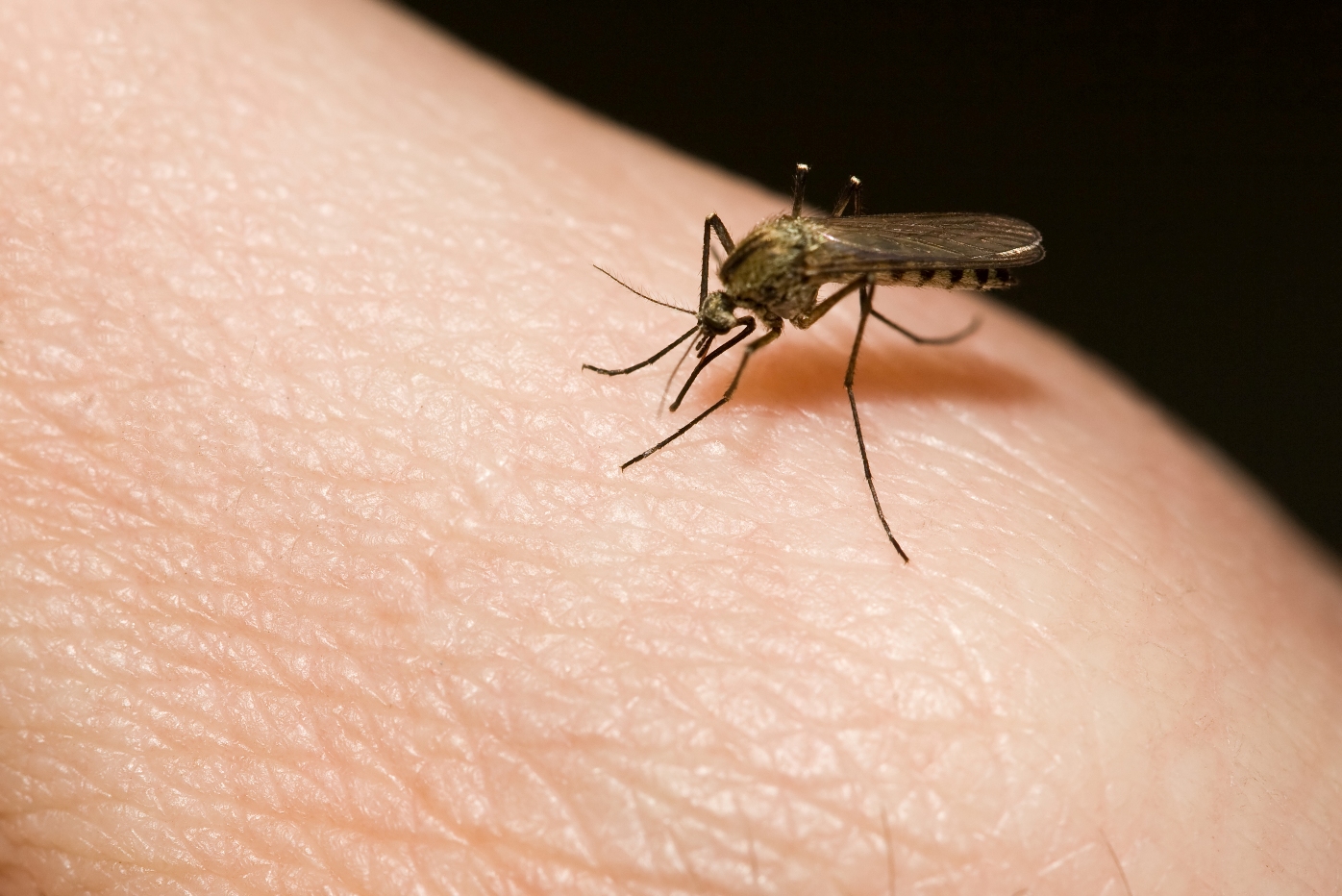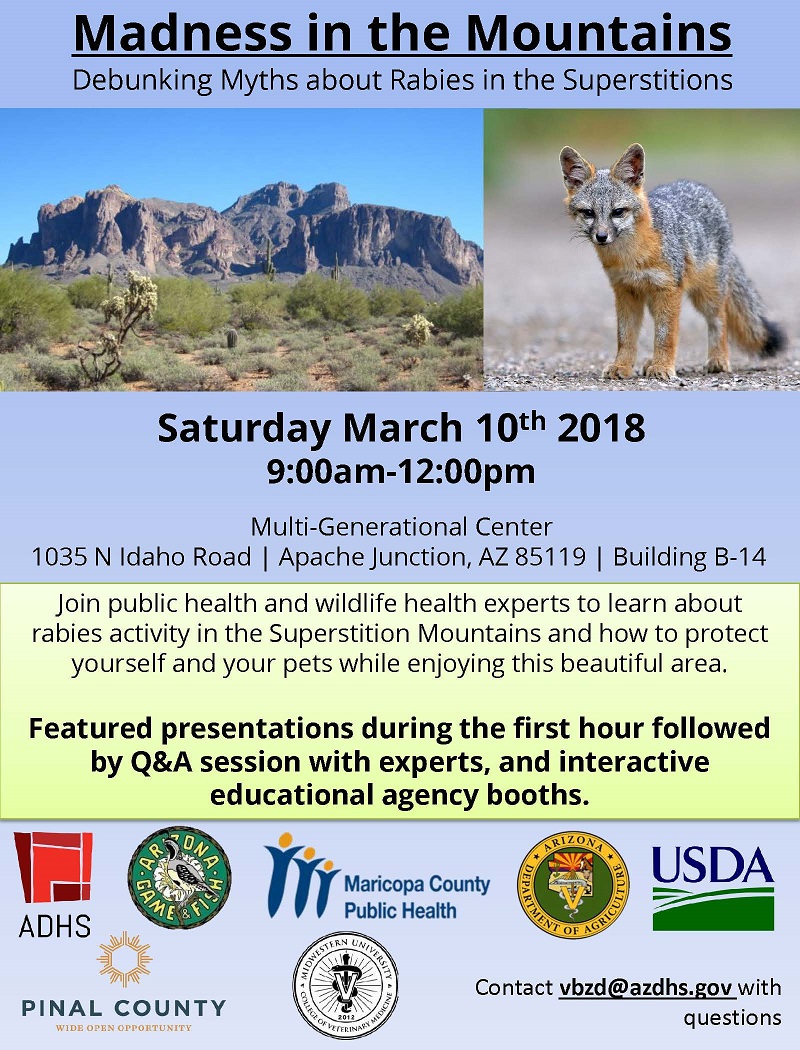 Dengue fever may call to mind a disease of the tropics, but dengue can actually occur right here in Arizona. Between 2007 and 2013 Arizona reported only 3—10 cases of dengue annually, all travel-associated. In 2014, 93 cases of dengue were reported, a 14-fold increase in cases among Arizona residents.
Dengue fever may call to mind a disease of the tropics, but dengue can actually occur right here in Arizona. Between 2007 and 2013 Arizona reported only 3—10 cases of dengue annually, all travel-associated. In 2014, 93 cases of dengue were reported, a 14-fold increase in cases among Arizona residents.
Arizona has the type of mosquito that carries the disease, Aedes aegypti. Luckily, so far no locally-acquired cases of dengue have been identified. The presence of the mosquito coupled with an increase in travel-associated dengue fever cases heightens the likelihood of locally-acquired cases of dengue occurring in Arizona. Therefore, healthcare providers’ abilities to recognize, report, and treat dengue cases in a timely manner are of considerable public health importance.
To better understand the knowledge and behaviors of healthcare providers in Arizona, a knowledge, attitudes, and practices survey was created by epidemiologists in the Office of Infectious Disease Services and administered to Arizona clinicians between December 2014 and March 2015. The goals of this survey were to assess clinicians’ basic knowledge about dengue, their confidence in diagnosing and treating dengue, and their practices when working with a possible dengue patient. We received 177 complete responses from providers around the state.
While many providers have good knowledge of dengue symptoms and treatments, providers reported low confidence in their ability to diagnose and treat the disease. Many providers knew that they should alert public health of suspected dengue cases, but fewer than half said that they would request confirmatory testing, which is important for dengue surveillance. These preliminary results suggest that Arizona providers need additional education on the emerging disease status of dengue and the importance of public health reporting.
Patient care providers are the first line of defense in identifying infectious disease cases. By increasing their awareness of the importance of reporting there is also an increase in the effectiveness of public health surveillance systems, interventions, and our abilities to protect the health and wellness of Arizonans.











